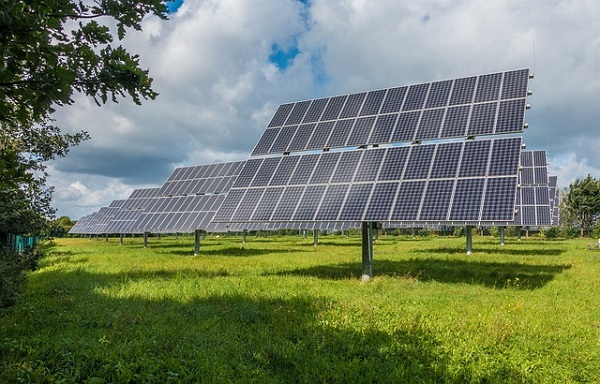 Credit: Pixabay
Credit: Pixabay
Luxembourg's Ministry of Energy and Spatial Planning has announced that the deployment of renewable energy is being accelerated at the municipal level.
Following Russia's invasion of Ukraine and the resulting increase in energy prices, the Council of the European Union adopted Council Regulation (EU) 2022/2577 of 22 December 2022 establishing a framework for the accelerated deployment of renewable energy installations in order to support renewable energy with immediate and temporary measures.
The provisions of the temporary regulation set maximum deadlines for the granting of building permits for solar energy equipment and the use of heat pumps, which are issued by the municipalities.
Luxembourg's Ministry of Home Affairs, together with the Ministry of Energy and Spatial Planning, informed the municipalities of the adoption and details of Regulation (EU) 2022/2577 through circulars no. 4217 and no. 4223. In addition, the two ministries, together with Syvicol and the "Klima-Agence", organised an information session for municipalities on 16 January 2023.
Solar energy equipment
The regulation stipulates that the deadline for issuing building permits for the installation of solar energy equipment and co-located energy storage facilities must not exceed three months. For installations with a capacity less than or equal to 50 kW, i.e. almost all photovoltaic installations in private houses, the regulation provides for tacit approval if the mayor does not reply after one month.
The shortened deadlines do not apply for reasons relating to the protection of cultural or historical heritage, national defence or protected areas.
Heat pumps
Similarly, the deadline for issuing building permits for the installation of geothermal heat pumps should not exceed three months.
The deadline for granting a permit for the installation of any other heat pump should not exceed one month.
In the case of photovoltaic installations, the shorter deadlines do not apply for reasons relating to the protection of cultural or historical heritage, national defence or protected areas.
All decisions resulting from the aforementioned authorisation procedures must be published by the municipalities, which means that negative decisions must now also be made public. The modalities for the publication of negative decisions are not laid down in the regulation and will be determined by the municipality.








